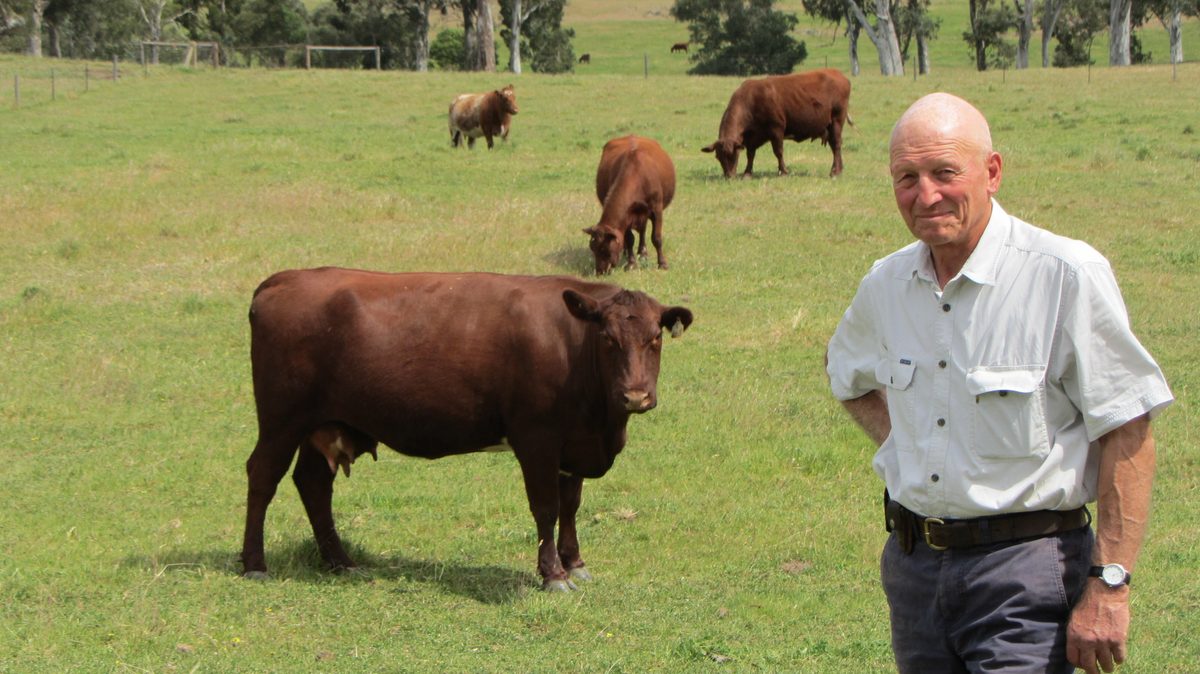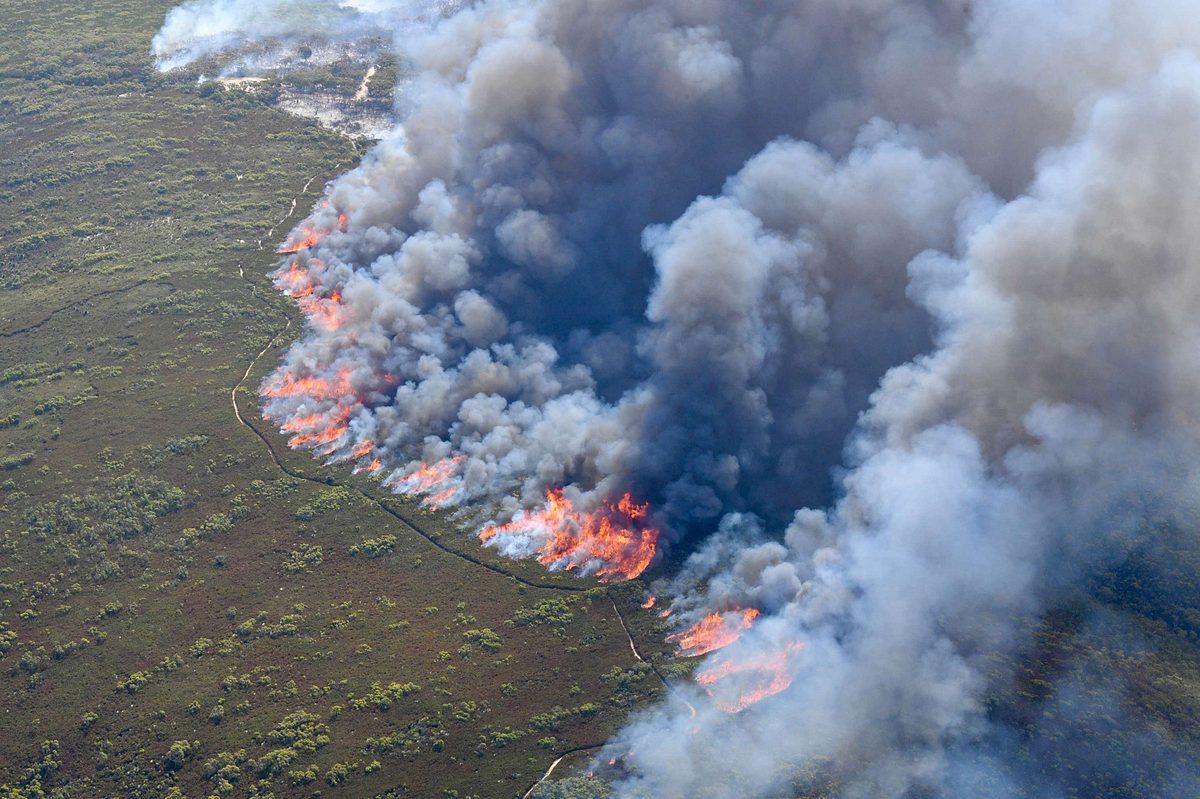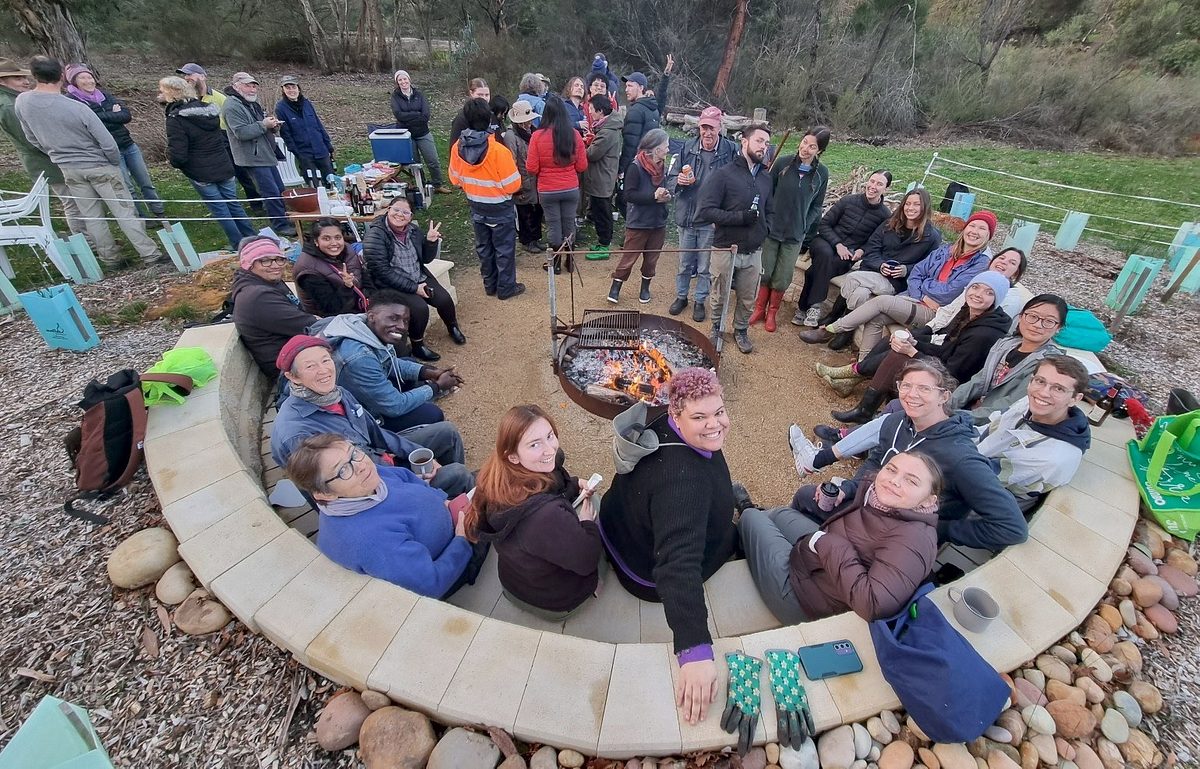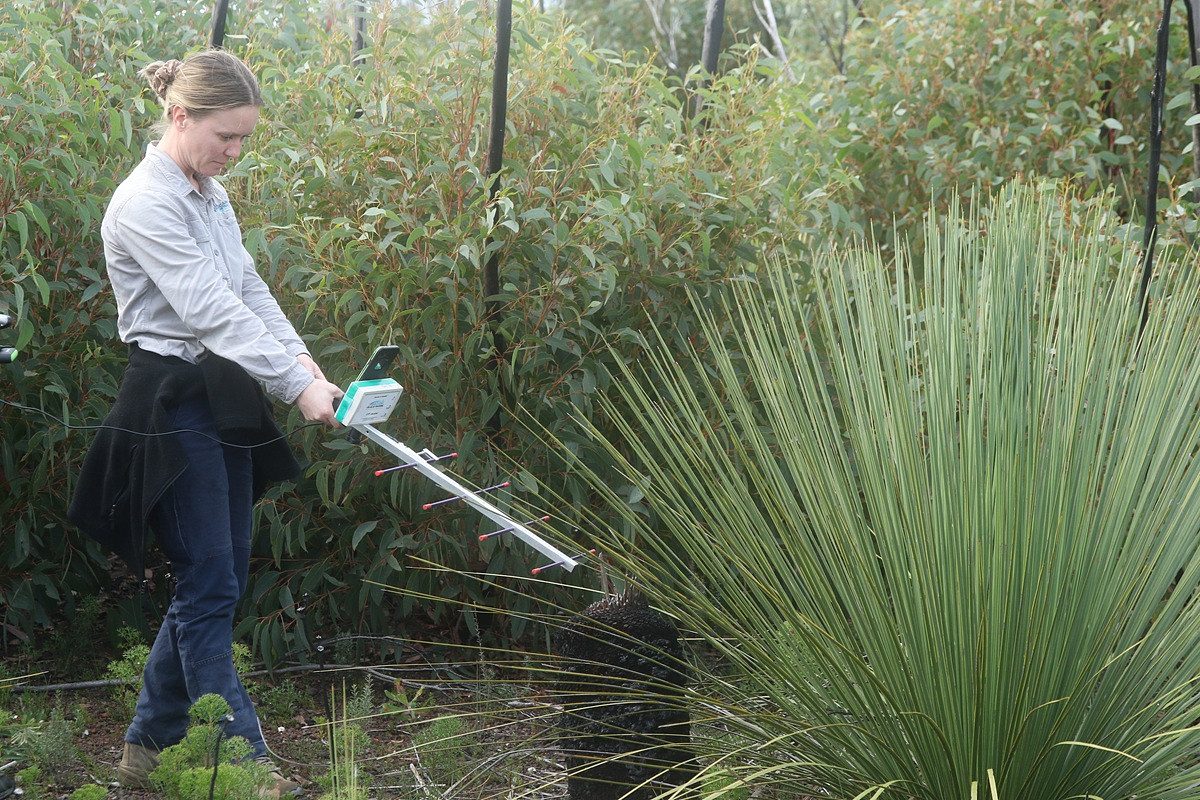Prepare your property for a hotter, drier spring and summer
Landholders across the Hills and Fleurieu are being prompted to prepare their properties for the onset of dry and warm spring weather this year. It follows three years of La Nina, where we have become more accustomed to milder summers and higher-than-average rainfall.
The El Nino event now declared for this spring and summer could see significant heatwaves, including below average rainfall and above average temperatures. Our last El Nino was in 2015 and although we have experienced milder spring and summer weather in recent years, with the three consecutive La Nina events, the planet has experienced 7 years of increasing global warming.
While much of the region had sufficient rain to fill dams and watercourses, and soak pastures, a seasonal shift is likely to arrive early and could result in our toughest summer for many years.
Time to prepare
“There are a number of things that landholders can do to help transition into the drier, hotter weather. A changing climate means we will always need to be ready to place a higher priority on tasks that support climate preparedness. Being prepared can benefit your pastures, property and livestock through the extremes, and save you unnecessary headaches and expenses down the track,” said Landscapes Hills and Fleurieu Senior Stewardship Officer, Will Hannaford.
Speak with your livestock agent
“Given the dry spring we’re expecting, it looks as though pasture on a lot of properties in the region may be lower than average. Now may be a good time to think about reducing stock numbers.
“Running too many livestock over summer when the price of fodder is increasing and paddocks are being overgrazed can be time-consuming and very stressful. Overstocking in dry seasons can cause serious damage to your paddocks. Perennial grasses which drive production, can easily be grazed too short and hence will not survive a long hot summer. Grazing down to less than 3cm of grass cover results in an increased risk of soil erosion and opening up paddocks to unproductive weeds like capeweed and barley grass. Having a plan in place to prevent overgrazing will reduce the chance of needing costly reseeding and pasture renovation down the track.
“Now is the time to plan and talk to your stock agent.”
Think about getting water into newly planted tubestock
“Many thousands of native plants have been put into the ground throughout the Hills and Fleurieu this winter. These are a critical climate adapatation piece, providing windbreaks and shade to livestock and native animals in the future. Native seedlings will really benefit from watering through their first summer. Think about how you can achieve this (where possible). It’s a good time to set up hoselines, or fill tanks near reveg sites in preparation.”
Prepare fencing now
“Fencing paddocks, vegetation, dams or watercourses will be far easier early in the season. Not only is the weather more comfortable, but the ground will be softer while still holding some water. In a few months, the opportunities to use powertools out in the paddocks may also be limited due to fire risk.
"Plan these projects now and get your materials list and order in early so you’re not caught short.”
Plan your dam restoration to improve water quality
“Dams provide a safe and reliable water supply on your property throughout summer. Keeping livestock out of your dam not only benefit riparian biodiversity and dam integrity, but also keep the water cleaner, for longer. Livestock defecating in your dams reduces the amount of clean water available through the summer, adding parasites, pathogen and excess nutrients. Research has demonstrated a significant growth and production benefit to livestock that drink clean water.
“If your livestock do have access to your dam, consider fencing it off now and setting up systems to move or pump water to troughs, where your animals will be guaranteed fresh water later in the season when they need it most, and the quality of your dam water isn’t compromised.”
Get on top of woody weeds early this season
“Controlling a woody weed such as gorse or broom reduces fire fuel load. Woody weeds will respond best to spray-on pesticides while they are actively growing and not under-stress. If you are considering a woody-weed control program, consider bringing it forward to early summer. Once the soil dries out, and plants start to stress, spray regimes will be less effective.”
Plan ahead now, and help beat the heat
“This isn’t an exhaustive list but are all important things to think about to ensure you get on the front foot and be prepared for the forecasted dry spring and summer,” said Will.
Explore our website to access more information and resources, or call 8391 7500 to speak with your local Stewardship Officer for further advice.




